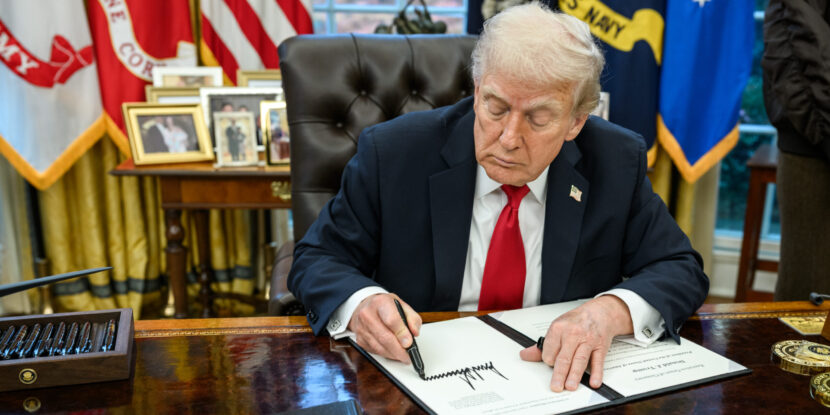Populist Marine Le Pen and her National Rally (RN) have successfully brought down President Emmanuel Macron’s government in a decisive confidence vote that could spark snap elections and a political crisis in the European Union (EU). Le Pen, along with elements of the left, including the far-left France Insoumise (France Unbowed) party, voted to bring down the government of globalist Prime Minister Michel Barnier just months after he assumed the role.
A total of 331 French MPs voted against the government in favor of a censure motion, far beyond the 289 votes required.
Prime Minister Barnier will be forced to step down as head of the government, while President Emmanuel Macron will have to decide if a new government can be formed or if the country can hold its second snap election in less than a year.
The vote is historic as it is the first time a French government has been ousted in a confidence vote since 1962, with Barnier’s government being the shortest in power since 1958.
Following the July election earlier this year, which saw the populist RN emerge as the single largest party, President Macron took until late September to finally appoint a new Prime Minister, leading a minority government backed by a smattering of leftist and center-right lawmakers.
BARNIER’S GAMBIT.
When Prime Minister Barnier attempted to pass a budget, he could not secure support from Le Pen, who demanded that pensions be raised in line with inflation and other measures. He had opted to shut the populists out of government and key positions in the French legislature despite their success in the elections, leaving him with little leverage.
Barnier, instead, invoked Article 49.3 of the French constitution to pass through the budget without a vote. This maneuver opened his government to the vote of confidence, which he has now lost.
French media have claimed that since a new budget has not been passed, many public sector workers may not be paid, as the government would be shut down. This could lead to a financial crisis for France, which could spill over into the wider European Union.




















